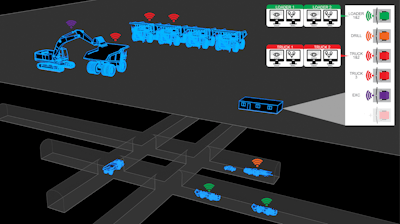
RCT has released the latest advancement to its ControlMaster automation range in the form of Multiple Machine Control (MMC), also known as Control, which enables a single operator to control more than one mining machine at a time.
This entirely new operating system is transforming the mining process in terms of productivity, efficiency and safety with a single operator able to remotely control more machines from the same operator station in a central location at a mine site.
“It allows for an operator to send multiple machines to their destinations on ControlMaster Guidance Automation and concentrate on performing specific tasks with another machine,” says RCT’s Automation and Control Product Manager, Brendon Cullen.
“For example the operator can supervise digging, dumping and loading functions before sending the machine to its destination on auto tramming and taking control of the next machine.”
“The mining industry is striving to further streamline efficiencies and having one operator control multiple machines is allowing these efficiencies to be realized,” he says.
MMC meets a need in the industry as it helps clients to safeguard operators by removing them from the cab of mobile machines and in some instances from the hazards at a mine site, improve productivity and in turn profitability.
MMC can be implemented across surface and underground fleets and differs from other solutions available on the market today for a number of reasons including its usability and functionality.
“The system can integrate into any site’s current operations and can be installed on any mobile machine, regardless of make or model. Being agnostic is a big advantage as mine sites utilize more than one brand of mobile machines in their fleet.”
Another point of difference with MMC is that there is no need for mine sites to upload mine maps before utilizing the technology.
“This further ensures fast deployment between work areas as well as the opportunity to expand the system if and when required,” says Cullen.
While MMC operates on a digital network RCT can provide technology—called RCT Bridge— that can interface with a mine’s sites analogue communications network.
“The MMC solution can be operated locally at the work area, at a central location such as the office buildings on a mine site or relocated to a central operating station location off-site to a city (near or far),” says Cullen.
“The system has the ability to change the way customers operate, some of the benefits associated with this change in mining practices include the possibility of introducing three eight-hour shifts from two 12-hour shifts.”
“This provides better work/life balance for operators and in the face of the labor shortages the industry is facing the job role can be opened up to more people who weren’t able to travel to site to work in the field due to family commitments or perhaps even a disability.”
“Moving operation centers from sites would also eliminate the need for lengthy and often costly inductions as well as the cost associated with transporting and housing operators onsite. MMC has already been deployed at several sites around the world and is helping to change the face of the mining industry.”

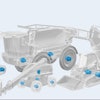

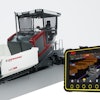
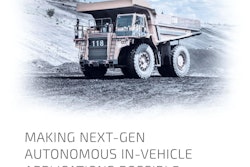
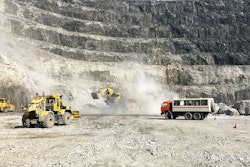
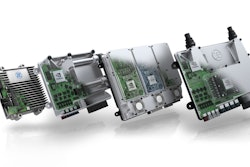



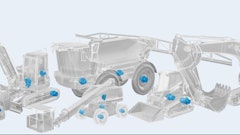
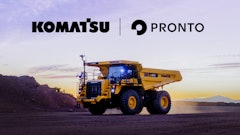
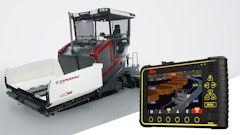
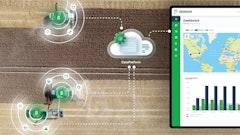
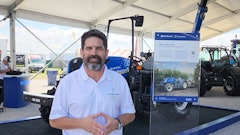


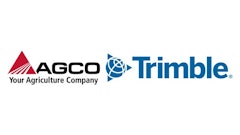
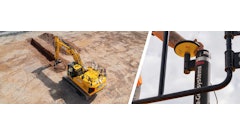
![Hd Hyundai Xite Transformation Booth Image[1]](https://img.oemoffhighway.com/files/base/acbm/ooh/image/2023/12/HD_Hyundai_Xite_Transformation_Booth_Image_1_.657a32d4218f2.png?ar=16%3A9&auto=format%2Ccompress&fit=crop&h=135&q=70&rect=113%2C0%2C1600%2C900&w=240)
